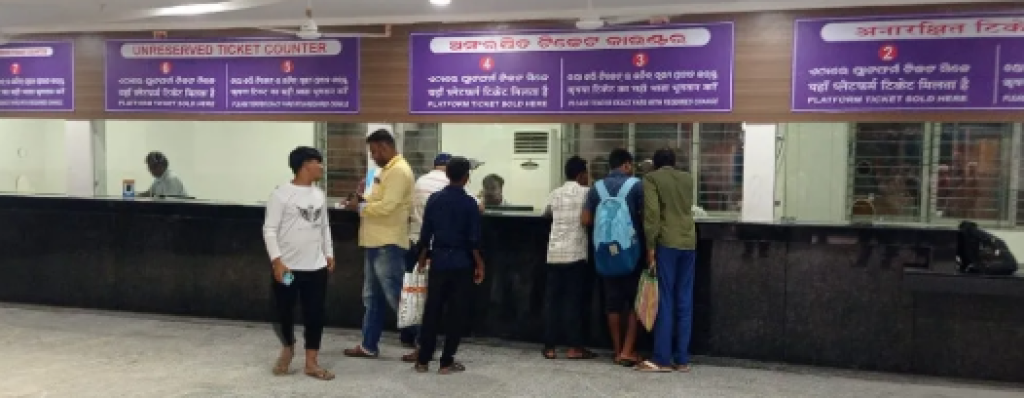
The Role of Yoga in Chronic Pain Management
~ Dr. Soumya Chakraborty, Consultant, Orthopaedics, Fortis Hospital Anandapur, Kolkata ~
Chronic pain caused by conditions like arthritis, back pain, and musculoskeletal disorders is a growing health concern across India, including in cities like Kolkata. It often lasts beyond 12 weeks, affecting mobility, sleep, and emotional well-being. While medications and physiotherapy remain primary treatments, many patients are now turning to yoga as a complementary approach for long-term relief and improved quality of life. Sedentary habits, poor posture, and prolonged screen time are further contributing to rising cases, especially among working professionals.
How Yoga Helps Yoga, with its combination of gentle movement, breathing techniques, and mindfulness, offers a holistic method for managing chronic pain. Studies have shown that regular yoga practice can:
Improve flexibility and joint mobility
Reduce muscle stiffness and inflammation
Enhance core strength and posture
Lower stress hormones that can worsen pain perception Promote relaxation and better sleep Unlike high-impact workouts, yoga is low-impact and adaptable, making it suitable for individuals of all ages, including the elderly and those recovering from injury. Several chronic orthopaedic and musculoskeletal conditions respond positively to yoga when practised safely:
Lower back pain Neck and shoulder tension
Knee osteoarthritis Sciatica and lumbar disc issues Fibromyalgia and generalised muscle pain While yoga can be highly effective, it should be practised mindfully especially for individuals with chronic pain.
Key recommendations include:
Start with simple poses under the supervision of a certified yoga therapist
Avoid overstretching or poses that put pressure on affected joints
Focus on breathing exercises (pranayama) to manage pain-related anxiety
Combine yoga with ongoing physiotherapy or medical treatment for best results
In chronic pain management, yoga is not a replacement for medical care—but it is a powerful ally. At Fortis Hospital Anandapur, we include yoga as part of the long-term wellness strategy for suitable patients. With regular practice, individuals can experience reduced pain, improved movement, and a better sense of well-being.










